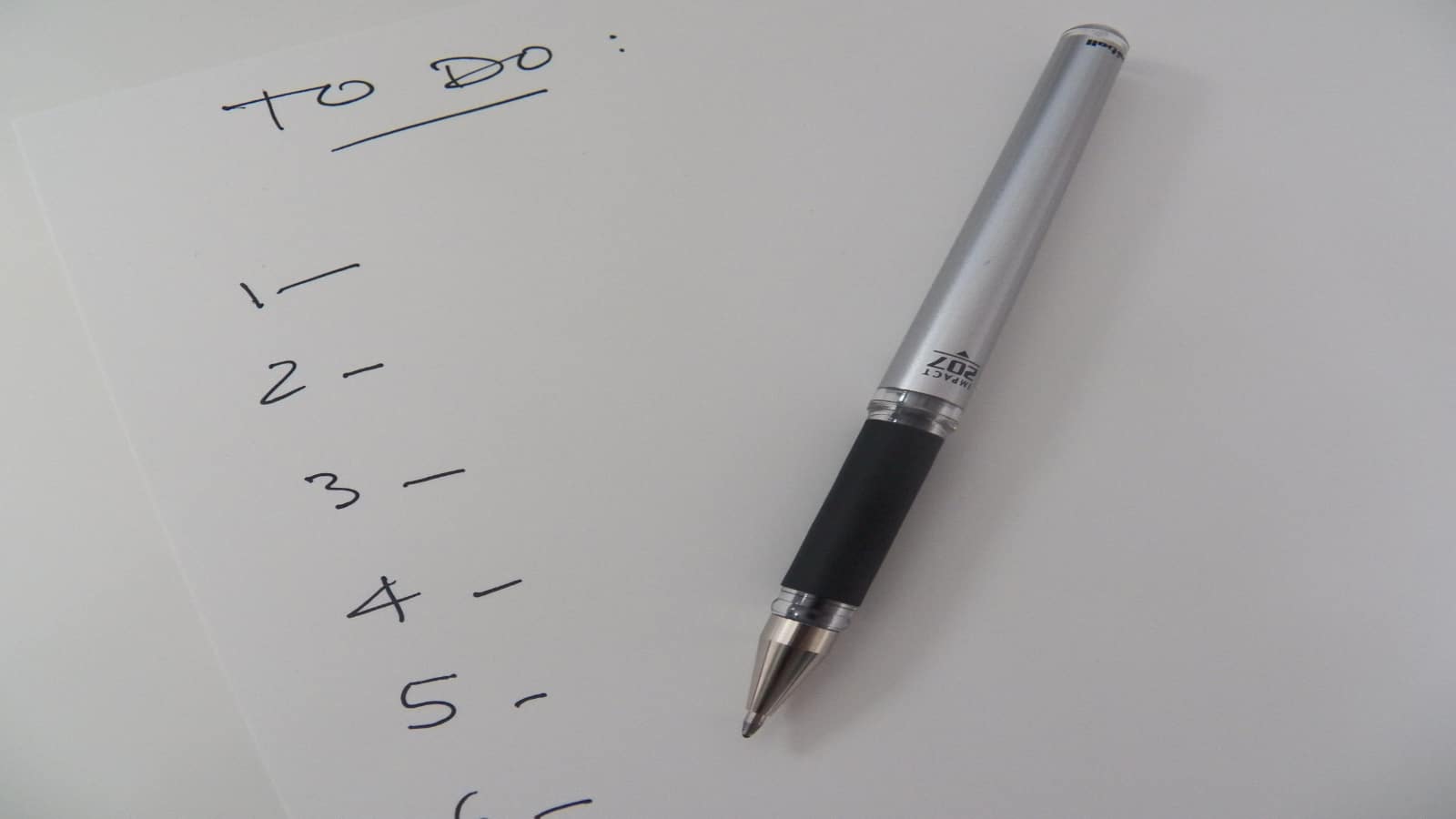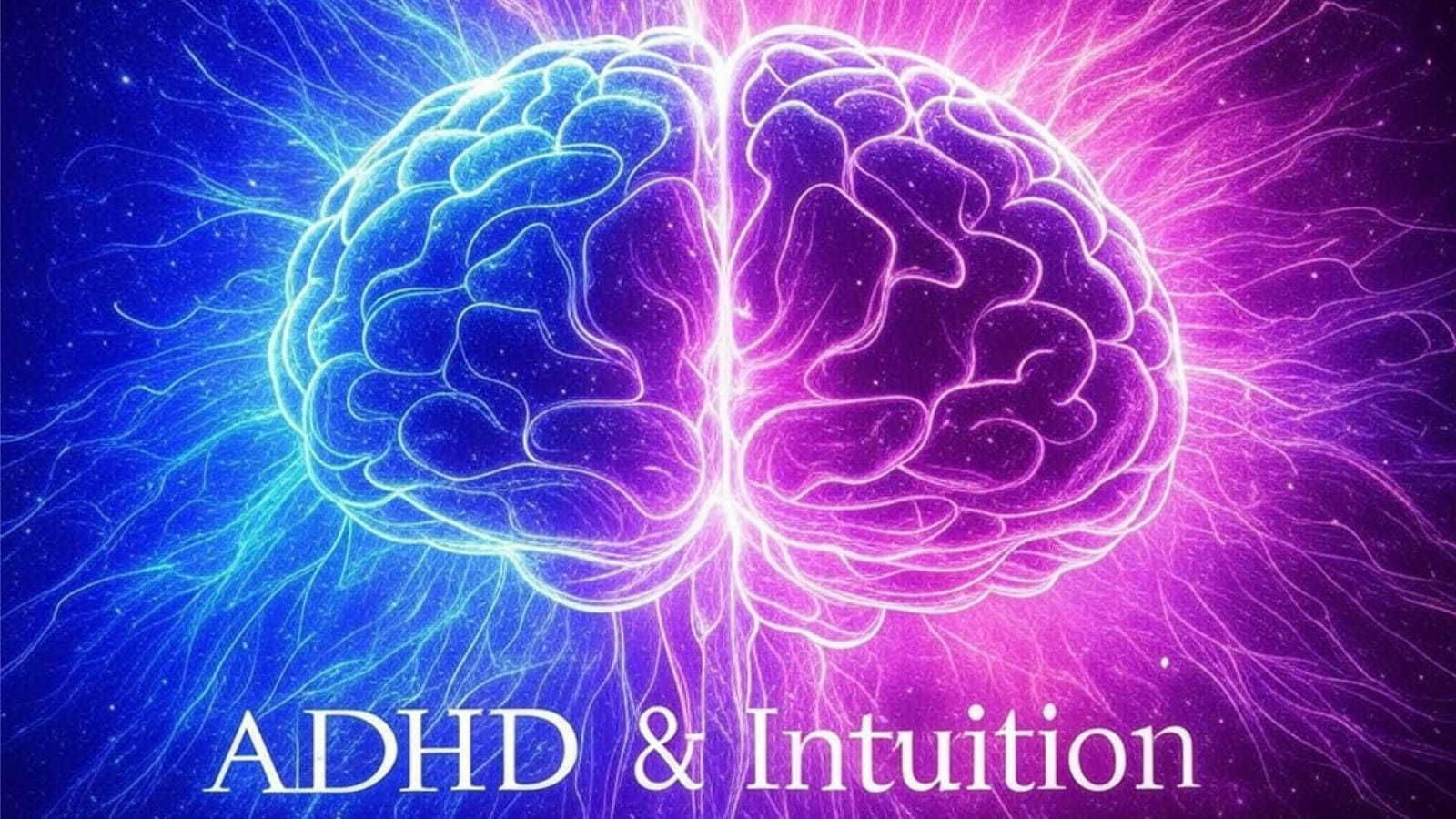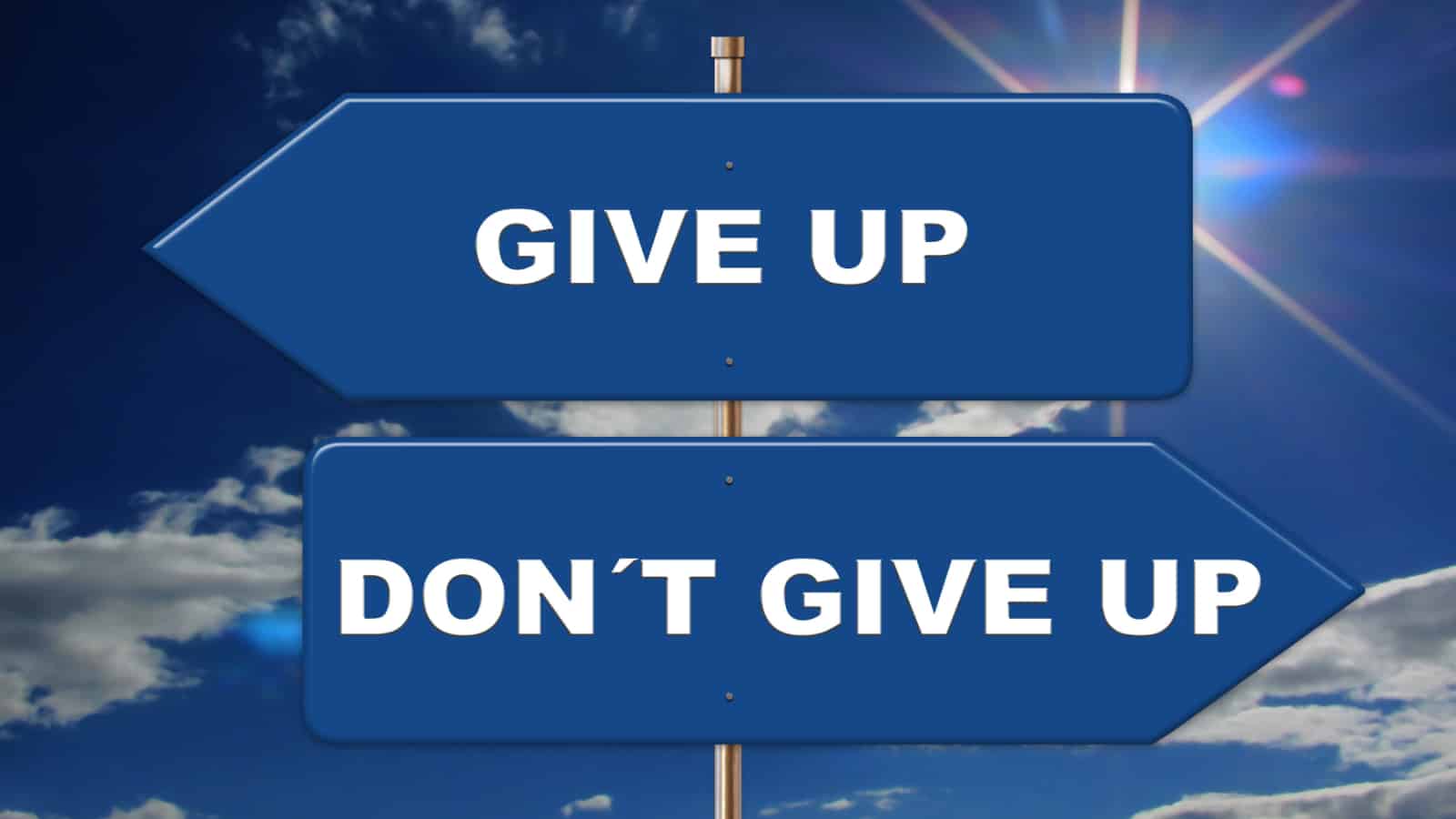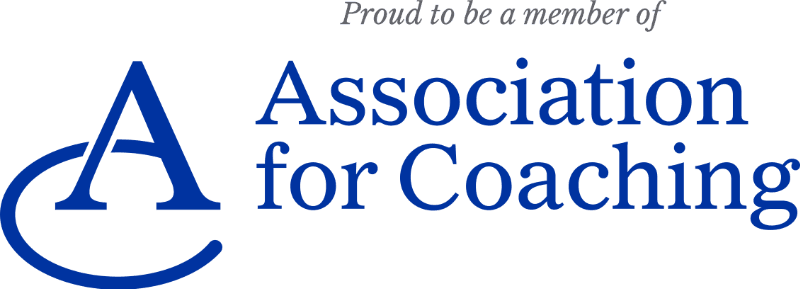To-dos: overwhelming, uncommitted, then forgotten
I’m not a fan of “to-do lists” to be honest, but then I’m ADHD/ADD. I never mastered the process of remembering to add items, to regularly get out my mobile to check the list, then to chose the task and perform it. There are a few specific ADHD/ADD challenges that get in our way.
Infinitely long to-do lists
If we’re ADHD, we love a new project – but our interest declines as novelty declines. The consequence is that we accumulate incomplete projects: from taking on so many, yet completing so few.
We start projects with enthusiasm but mentally check out without quite realising it. The extra dopamine that novelty brings fizzles over time. When a project no longer offers us insights or mastery of skills, and when routine takes over, we lose our focus and creativity. The project is lost in ADHD limbo.
So when we sit down to write our to-do list, the list grows long with limbo projects and becomes overwhelming, guilting us with so many items, representing so much incomplete effort. ADHD/ADD infinite length to-do lists don’t inspire confidence.
Problems with process
Adults with ADHD are usually very happy to define and develop processes, since we are instinctive problem solvers and hate inefficiency getting in our way. Those processes are however for other people to follow, not for ourselves! We reject process as it’s too hard – we are forgetful, it’s boring and we rebel against constraint.
Process demands compliance and limits our independence and creativity – why would we want that? Effectively using to do lists means following a multi-step process and habitually taking several actions. For someone with ADHD this is a challenge.
To do our “to-dos” we need to do this
- Capture all tasks on list before they are forgotten
- Regularly read and update to-do list then either Do task immediately or Schedule task
- Check calendar regularly and do tasks on time
With ADHD, each step is at risk with our poor memory, easy distraction, difficulty with routine and indecision. After much effort, many of us complete part 1. capturing all our tasks on coloured post-its, our whiteboard or in Evernote. Then we relax and consider our job done! But of course it’s not.
Our tasks may be on our to-do list but they still remain uncertain and undecided – until we take the critical step to commit our time.
In the moment ADHD
Neuro-typicals (the average, non-ADHD folks) appear to have a built in clock and calendar in their heads. Their frontal lobes communicate better with the rest of the brain. Their executive functions have greater control and so their “time sense” functions warn them of forthcoming events, help them be motivated for long-term outcomes, give them a sense of the passage of time and help them budget their time realistically.
With ADHD we are time-blind or at least time-impaired. We tend to be “in the moment”, extremely present in what we are doing right now. We give little thought to how best to use our time in the future, other than in vague uncommitted terms. We finish a task and immediately select the next most engaging task to pursue. Seldom are we warned by our frontal lobes of forthcoming deadlines or events. If we are ADHD, we fail to grasp or accept time’s constraints.
Commitment issues?
Time is finite, a precious commodity we neglect and often squander with ADHD. We may treat time with contempt. We are late. We don’t consider tomorrow or next week. We work on tasks until they are complete, without “budgeting” our time. We chose engagement over task priority, often at the expense of deadlines. We volunteer our time but seldom commit to it. That’s the problem with a to-do list, tasks lack commitment, they are possibilities, prospective work, but no time committed.
To-dos are virtual tasks, they only become real when you allocate your time to them
Get intimate with your calendar
Why not go straight to your calendar and by pass the to-do list. If a task needs doing then it should be respected and your time allocated to it. Commit by adding an entry in your calendar. Not “write novel” as you can’t achieve that in two hours, but “write first 1000 words of novel and plan chapters” is achievable. When you finish the task add the next step in the process to your calendar, “write second 1000 words”. Never complete a step without committing to the next one.
- If you are not sure how long the entire task will take, put a entry in your calendar to figure it out: “figure out task A”
- If the task is large, break it down and simply put in the first entry only “start 30 mins on task B”
- Make sure you schedule a period that you can pay attention for, whether 20mins or 4 hours
- Decide when and where you would best focus on this task, in the morning, at night, in a private office, a coffee shop, library…
- Review whether aids like coffee, meds, music, vibe or a friend/colleague might help
ADHD time commitments
Put the task in your calendar but only if you can commit to doing it. Don’t treat your calendar casually, make it a reliable tool to getting things done. Rely on it like normal people rely on their frontal lobes.
Personally I use Google Calendar on my phone, synced with my PC, and viewable on my Chromebook or any web interface. My calendar is a full screen widget on my home page on Android so I can’t avoid seeing the week ahead. It’s in my first browser, Chrome tab too. When I call someone, do admin, write a proposal, work on my site, work on this blog entry – I put an entry in my calendar. I’m not 100% but I do add travel time finally after decades of failing to. It’s actually really helpful, I look at this week and the week ahead, and have some idea of what’s coming.
Read more on novelty and dopamine here.
Use your calendar to create a sense of time, as a reminder of events to come, to have a relationship with the future and to help you grasp that time is a limited and precious commodity

























